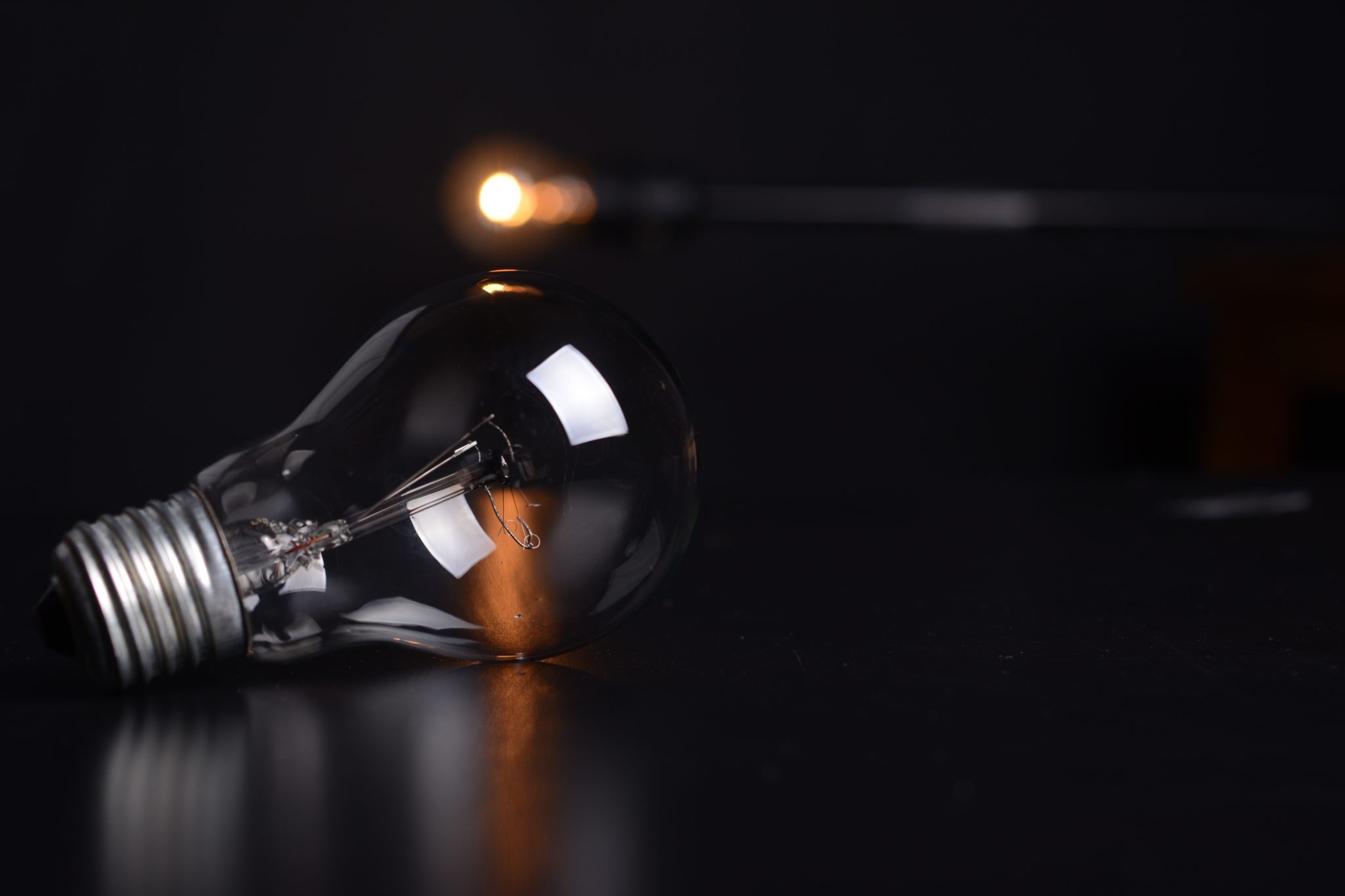You may not think about how much you depend on electricity until it is gone. So much of our modern life utilizes computers, TVs, game consoles, home appliances (most importantly refrigerators!), lights, and phones – which all require electricity. When they are gone, it can be unsettling and potentially dangerous. The following tips are the best things to do when a power outage strikes in our area.
DO:
Stock up on Water
On average, each person will need about one gallon of water per day to drink. If possible, get enough water to last a whole week; in the event of a natural disaster such as a hurricane, water treatment facilities can be offline or distribution systems can be damaged for several days. You may even want to get extra water for personal hygiene use.
Keep a Light On
By keeping a light on you will easily know when the power comes back on.
Turn faucets on
If we have a cold winter, you may need to think about the low temperature freezing your pipes. A good way to prevent freezing the cold is to turn your faucets on to a trickle.
Keep Away from Downed Power Lines
Always stay away from downed power lines.
DO NOT:
Don’t Light Candles
Candles can be a fire hazard and are not a strong source of light. Using a lantern for light instead is safer and more effective.
Don’t Let Your Phone Die
Save battery life in the event that your power is out for an extended period. Turn off your phone, and save it for emergencies.
Don’t Keep Electronics Plugged in
When power returns, it can cause a power surge that can damage electronics. Unplug your electronics or invest in surge protectors to prevent this from happening. Automatic standby generators can come with a whole-house surge protector.
Don’t Open the Fridge
Keep the refrigerator and freezer doors closed. That way they can keep food colder for longer. A full freezer helps keep things insulated; each item inside it acts like an ice pack. If you suspect a power outage is likely to happen, you can fill water bottles with water and place them inside to create insolation for the food inside.
Don’t Put a Generator in your Garage
If you own a portable generator, do not ever run it inside your garage – even with the door open, ever. When the generator is running, it puts out a colorless and odorless lethal gas. Never run a generator inside of an enclosed space.
Don’t Backfeed your Generator
If you hook up your generator to your house incorrectly, it can backfeed into the power grid. When backfeeding into the grid, your generator can deliver a lethal amount of electricity to any workers that are trying to fix the situation.
With an automatic home standby generator, the majority of the above do’s and don’ts become non-issues. When an outage is detected, your home generator turns on and delivers power when you need it. When utility power is restored, your generator turns off by itself. This option is safer and easier to use for everyone involved.
